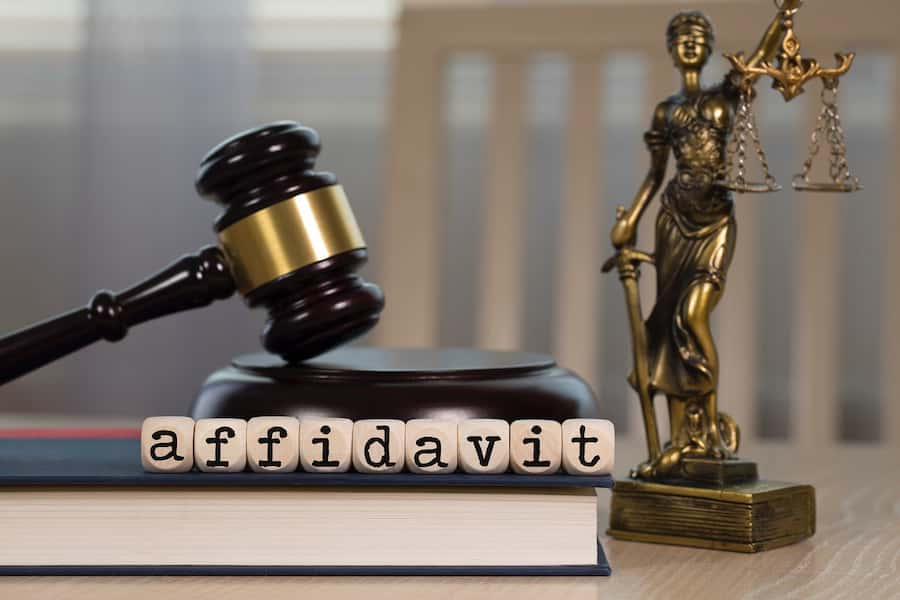7 EXAMPLES OF WHAT TO DISCLOSE AT THE INITIAL STAGES OF CONTRACT NEGOTIATION
- Material facts: Parties to a contract should disclose all material facts that are relevant to the transaction. This includes things like the terms of the contract, the price, and any relevant conditions.
- Known issues: If there are any issues that the parties know about that could affect the value or performance of the contract, they should disclose them for example is the property charged to a bank in case of a land transaction.
- Legal issues: Parties should disclose any legal issues that may affect the contract, such as any legal disputes or regulatory requirements, for example if it is a merger, Capital Markets Authority, the Competition Authority need to be notified and approved to avoid unfair competitive tendencies.
- Financial issues: Parties should disclose any financial issues that may affect the contract, such as creditworthiness or bankruptcy this is made clear by providing audited reports on the books of accounts.
- Intellectual property issues: If the contract involves any intellectual property, parties should disclose any issues related to ownership, infringement, or licensing.
- Confidential information: Parties should disclose any confidential information that may be relevant to the contract, such as trade secrets or proprietary information.
- Performance expectations: Finally, parties should disclose their expectations regarding the performance of the contract. This could include things like timelines, deliverables, and quality standards, payment terms, conflict resolution.
How can we assist?
The success of a business is pegged on how well it protects itself from loss and harm arising from contractual relationships. Such loss and harm is prevented or reduced by having an understanding of how contracts/agreements are drafted and negotiated. At Netsheria International, we offer a wide scope of legal documents that can be tailored to meet the requirements for different businesses. For more information, kindly visit our website.






